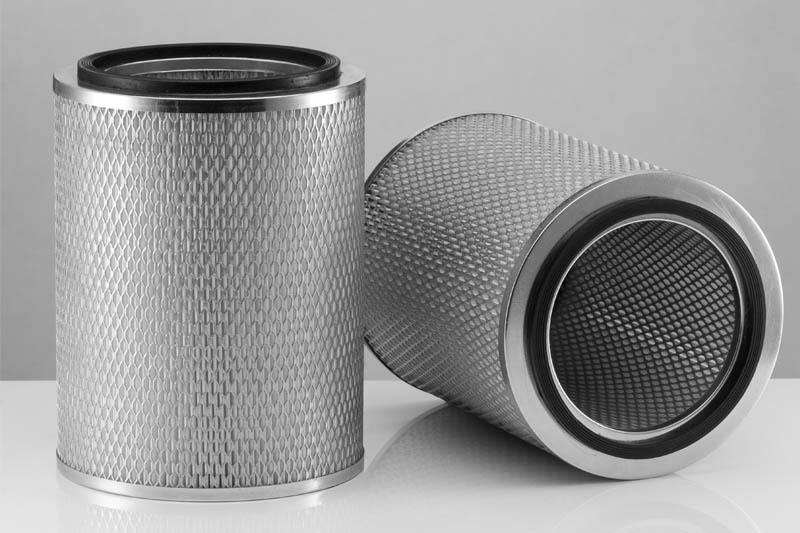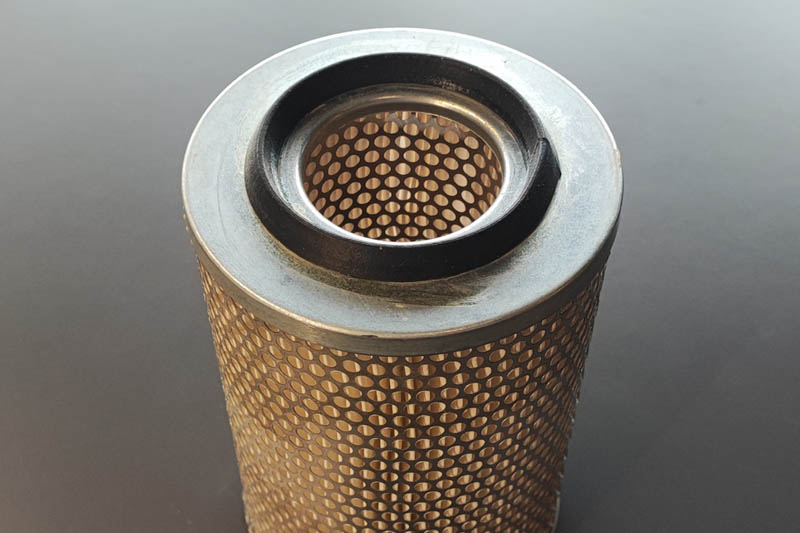Small mesh expanded metal not only serves to protect and support non-woven fabrics, filter papers, and other filter media but also functions as the main filter material to remove foreign substances. It's an ideal choice for the filtration industry and widely used in air filtration, process water purification, paint filtration, oil filtration, and other areas.
Expanded metal for filtration is typically made from small mesh expanded metal. Through advanced shaping processes, it can be formed into conical, curved, cylindrical, and other shapes to meet the demands of various filtration applications.
Features:
Economical and eco-friendly: Expanded metal is made through slitting and stretching, resulting in no material waste during production, making it an excellent alternative to perforated metal.
Strong and durable: When air or liquid passes through filter elements under high operating pressure, the support layer remains robust and resistant to loosening.
Precise filtration: The aperture sizes of expanded metal can be customized according to the desired filtration grade to effectively remove specified solid particles.
Corrosion resistance: Hot-dip galvanized expanded metal surfaces do not facilitate rusting in acid and alkali filtration environments.

Perforated filters are utilized in various systems and by different consumer types. These metal structures are an ideal solution for keeping filter media clean and preventing unwanted contaminants from affecting light, liquid, and composite filtration systems.
Features:
ANB provides high-quality perforated metal filters for air, liquid, light, and solid filtration systems.

Filtration is a necessary process for many industries to ensure that the efficiency of system is performing well without any issues, metal filter mesh is known among the best solutions in this field as it provides high performance with durability and customization, metal filters are the ones that provide long-lasting filtration with reliability for a wide range of applications included air and oil
Metal filter mesh can offer many advantages compared to traditional filtration options like paper or fabric. Let's dive deeper and learn about them
Selecting a trusted supplier of metal filter mesh is a crucial step for your success
It is a metallic material shaped into mesh, and it comes in perforated or expanded structures. the main task of it is to allow fluids or air to pass through in certain measurements and at the same time preventing the passage of unwanted particles.
Common types include:
Applications can vary from metal cutting, filtration, and HVAC to automotive and industrial systems that mainly require and demand special industrial filter mesh and metal end filters.
Prices can widely vary based on many factors such as material, size, thickness and customization options:
There are many factors that determine the cost, like machining expanded aluminum filters and some special coatings varieties like durability and standards, in addition to factors related to quantity like buying in bulk or small ones.
ANB Metal can provide you with your metal filtration needs from air filter expanded metal to oil filter with expanded aluminum, we provide solutions with strength and efficiency if you are dealing with metal cutting filtration, air systems, or other heavy industrial use you are at the right address our metal filter mesh delivers what it promises now and in the long-term.